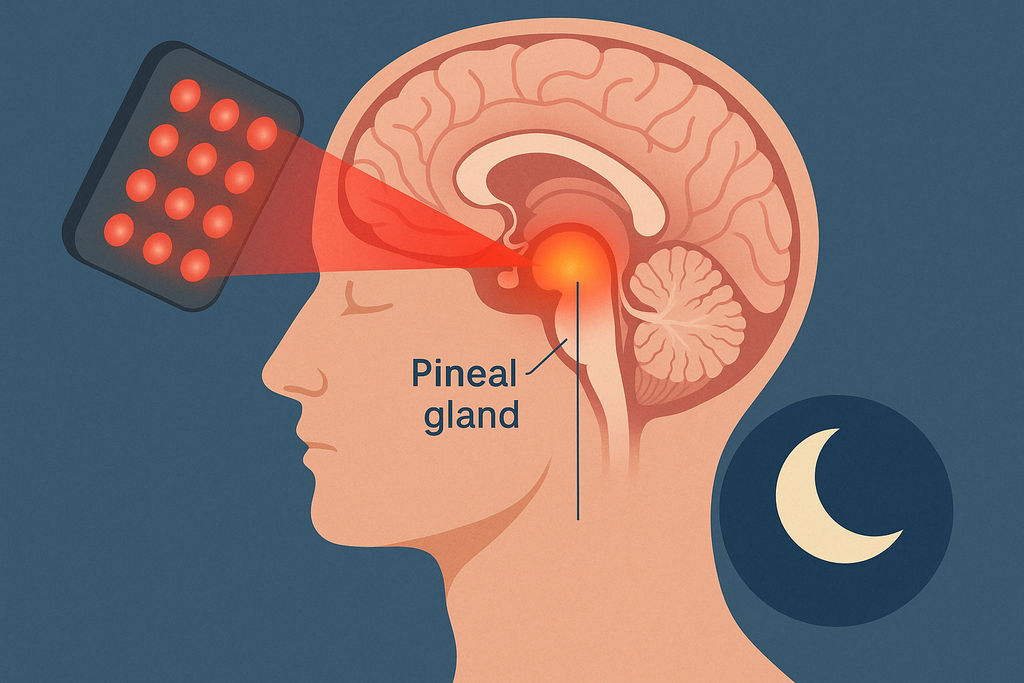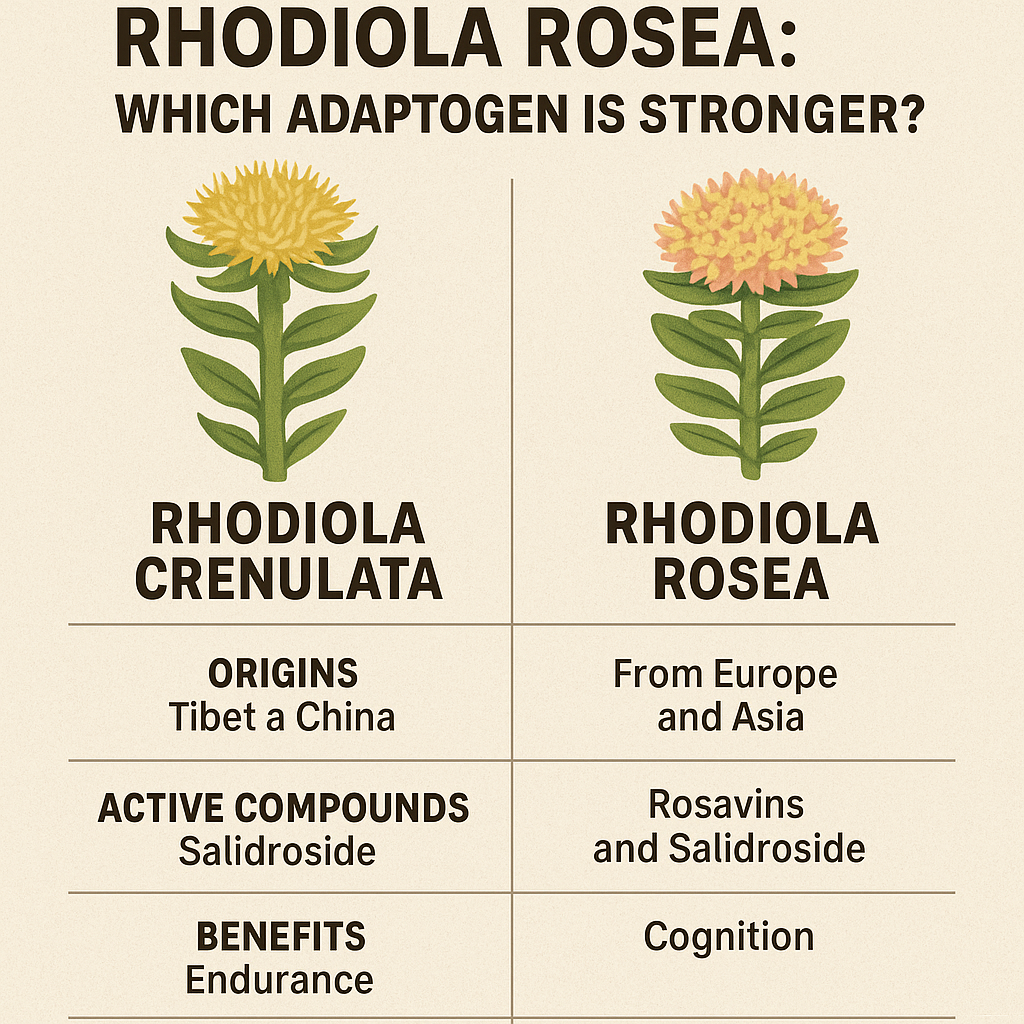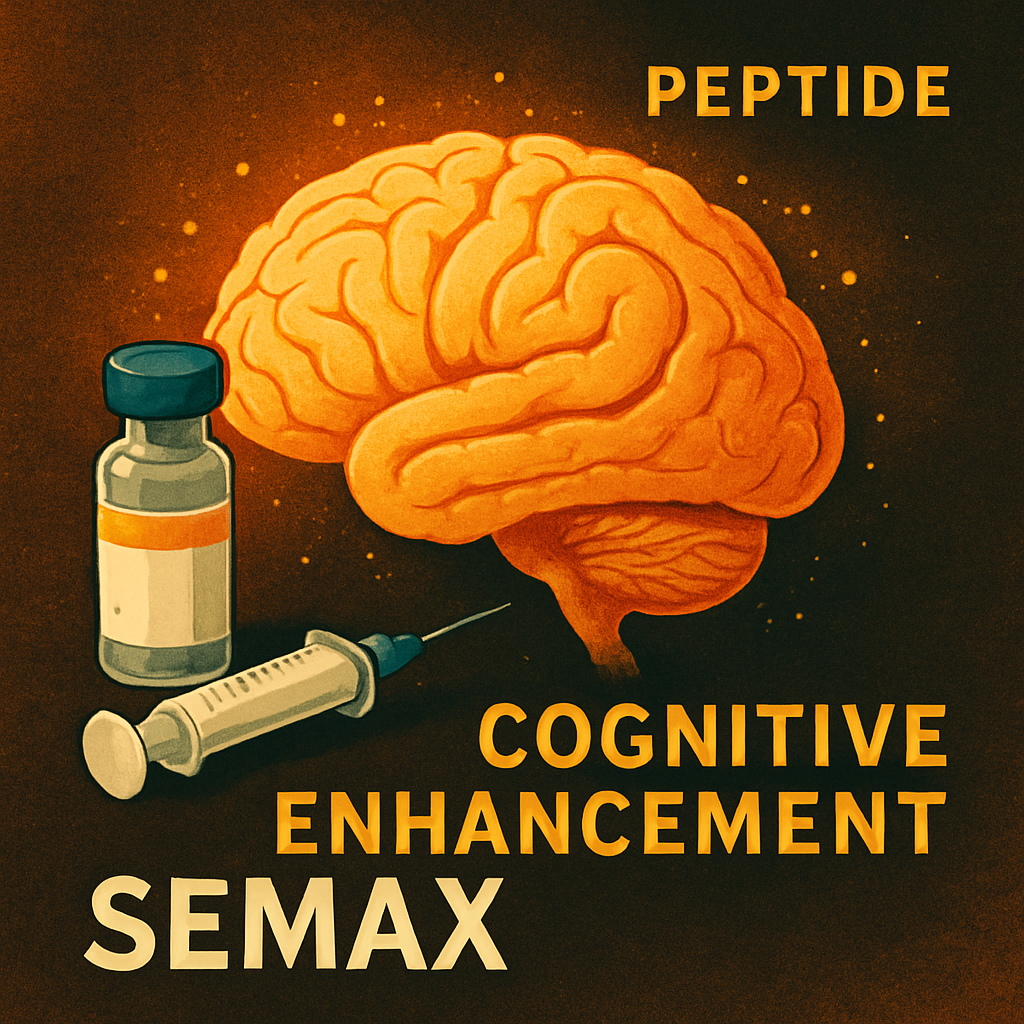News — Brain Health
Best Brain & Cognitive Health Supplements in 2026
brain health cognitive supplements focus memory nootropics
Looking for the best brain and cognitive health supplements? Whether you want to improve memory, enhance focus, or support long-term brain health, the right nootropics can make a real difference. In this guide, we'll explore the most effective brain supplements available in 2026, backed by science and carefully formulated for optimal results. What to Look for in Brain & Cognitive Health Supplements When choosing supplements in this category, consider the following factors: Bioavailability - Choose forms that cross the blood-brain barrier effectively Research-backed ingredients - Look for clinically studied compounds like Alpha GPC and Bacopa Third-party testing - Ensures purity...
Boost Your Brainpower and Skin Health with Longan Fruit: A Complete Guide
brain health longan fruit skin health
Known for its translucent flesh and sweet, musky flavor, longan fruit (Dimocarpus longan) is often overshadowed by its cousin, the lychee. But beneath its unassuming brown shell lies a powerhouse of nutrients that can nourish both your brain and your skin. Traditional Chinese Medicine has prized longan for centuries, and now modern research is beginning to catch up, revealing how this tropical fruit supports cognitive function and promotes a radiant, youthful complexion.
From its high antioxidant content to its adaptogenic properties, longan fruit offers a natural, delicious way to fuel mental clarity and fight signs of aging. If you're looking for a no-fuss superfruit to elevate your health, longan might just be your secret weapon. In this comprehensive guide, we’ll explore the science behind longan’s benefits and how to incorporate it into your daily wellness routine.
Photobiomodulation: Boost Pineal Gland Function & Natural Melatonin Production
biohacking sleep brain health circadian rhythm holistic circadian support L-tryptophan supplement light and sleep light therapy for sleep melatonin production natural melatonin booster natural sleep solutions near-infrared light non-invasive sleep therapy PBM photobiomodulation pineal calcification pineal gland red light therapy sleep and mood sleep support third eye gland
As the world becomes increasingly aware of how light affects biology, photobiomodulation (PBM) has emerged as a breakthrough in non-invasive health optimization. PBM uses specific wavelengths of red and near-infrared (NIR) light to stimulate cellular function, reduce inflammation, and support tissue repair. But one of the most intriguing frontiers in PBM research is its potential to support the pineal gland—a small, mysterious organ deeply involved in our circadian rhythm and melatonin production.
Known as the body's “third eye,” the pineal gland governs our sleep-wake cycles, hormone regulation, and even our mood. When this gland becomes calcified or functionally impaired, it can disrupt melatonin output and lead to poor sleep, fatigue, and long-term health issues. Fortunately, research now suggests that targeted light therapy may enhance pineal gland function and promote natural melatonin production—offering a non-pharmaceutical path to better sleep and circadian balance.
Rhodiola Crenulata vs. Rhodiola Rosea: Which Adaptogen is More Powerful?
adaptogenic herbs adaptogens brain health cognitive enhancers endurance supplements fatigue reduction herbal supplements high altitude herbs mental clarity mood support natural energy boosters natural remedies nootropics physical performance rhodiola rhodiola crenulata rhodiola rosea rosavins salidroside stress relief
When it comes to natural remedies that enhance performance, resilience, and overall vitality, few herbs receive as much attention as Rhodiola. This powerful adaptogen has taken the health and wellness world by storm, especially among biohackers, athletes, and wellness enthusiasts seeking a clean edge. But there's a growing debate: Rhodiola Crenulata vs. Rhodiola Rosea—which one is stronger?
Both Rhodiola varieties have deep roots in traditional medicine and are known for their remarkable ability to help the body adapt to stress. Yet, while they share similarities, their origins, chemical profiles, and effects vary significantly. Understanding these differences is key to making an informed choice that aligns with your wellness goals. Whether you're trying to boost focus, fight fatigue, or sharpen your edge under pressure, this comprehensive guide will break down everything you need to know.
Semax: The Powerful Peptide Nootropic for Cognitive Enhancement & Brain Health
BDNF brain booster brain health cognitive enhancement dopamine focus enhancer memory supplement mental clarity neuroplasticity neuroprotection nootropics Russian nootropics Semax Semax benefits Semax dosage Semax for focus Semax nasal spray Semax peptide Semax side effects smart drugs
In the expanding world of nootropics, few substances have captured attention quite like Semax. Originally developed in Russia for medical applications, this synthetic peptide has evolved into a favorite among cognitive enhancement enthusiasts. With a growing body of research supporting its benefits, Semax is no longer just a curiosity from the East—it’s becoming a mainstay in the toolkit of biohackers, students, professionals, and anyone looking to sharpen their mental edge.
What sets Semax apart is its unique mechanism of action. Unlike many cognitive enhancers that rely on traditional stimulants or neurotransmitter modulation, Semax works on a deeper level—impacting the brain’s response to stress, increasing BDNF (brain-derived neurotrophic factor), and promoting neuroplasticity. These features make it a promising supplement not only for boosting focus and memory but also for long-term brain health. If you're searching for an edge in productivity, creativity, or mental stamina, Semax might just be the peptide worth exploring.




